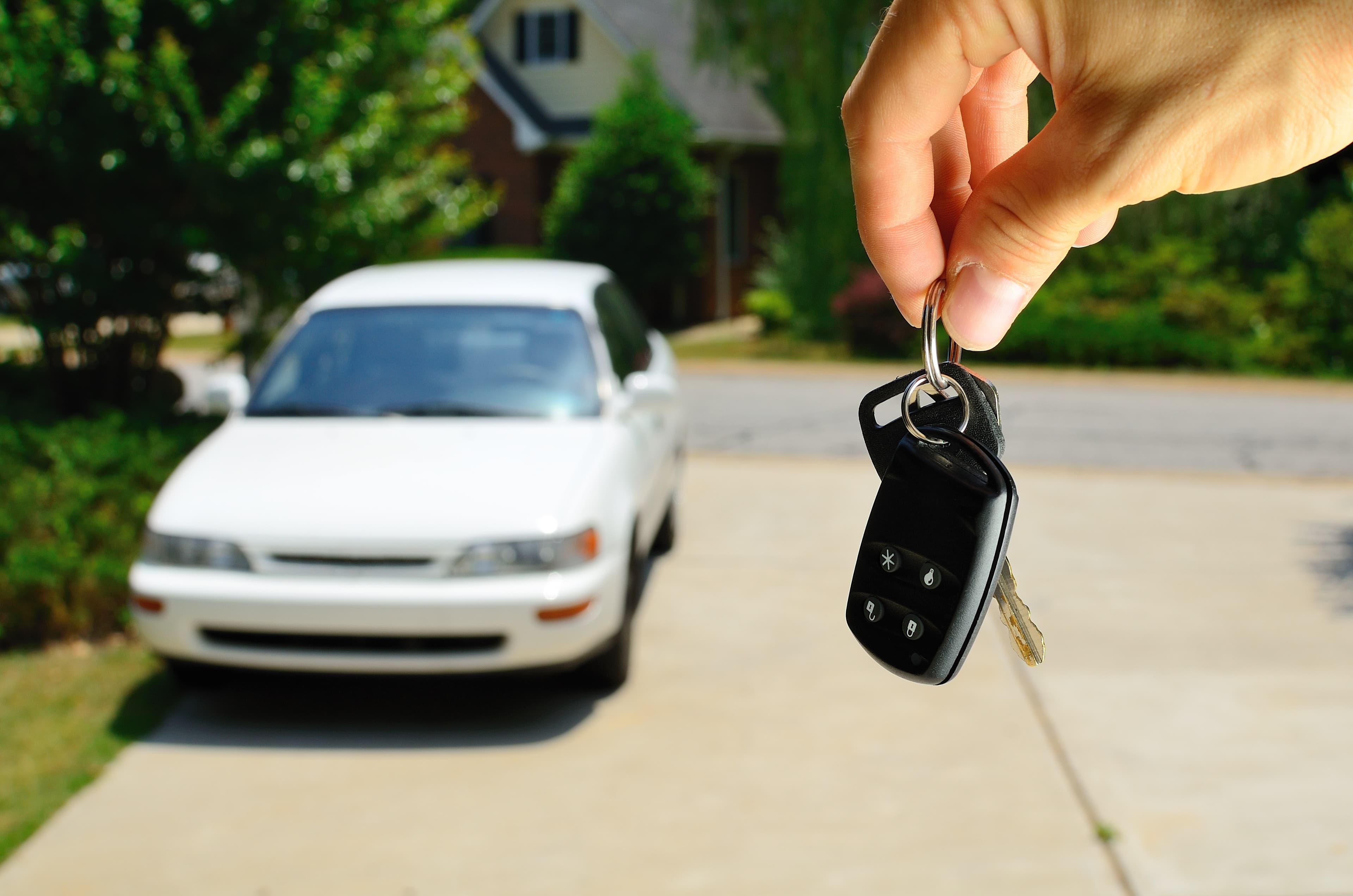
- Trust your instincts, if you have bought cars before, and give it a good look over, inside out, and under the car as well.
- When did the seller have an inspection done on the car, and ask for proof of a certified mechanic having done it.
- Take the potential car to a trusted mechanic you use regularly, and have them inspect it for you; they will give you the lowdown as to whether the car is worth it or not.
- If your state requires inspections, ask to see the last inspections that this car has passed, and when.
- Some cities/municipalities require their own inspections as well, so check into this.
- While these have a great variety of cars to pick from and their own service departments, their downfall can sometimes be pushy salespeople.
- Keep in mind that what you start out at is not always what you end up with for a price.
- While private sellers probably won't be as pushy as a dealership, they don't generally have a lot of cars to pick from, their own service departments, or a reputation for you to consider.
- Any mechanical problems found should be either dealt with before the sale is completed, or allowances made for in the sale.
- Many salesmen/saleswomen get too pushy, and shove the buying process along too fast; if you run into one of these, back off and go somewhere else.
- Look for a car at your leisure, and comfort; you should not feel as if you're having the cars all shoved down your throat.
- Depending on the area in which you live, there may be extra paperwork for the city/municipality.
- Every state will have their own paperwork for you to fill out.
- Yes, more paperwork is required for these, unless you really don't want to drive that new car around.
- Showing proof of inspection(s) will be required by many areas, and it could be more than one inspection that is needed, so be prepared.
- Get to know your bankers ahead of time, it will help you get approved.
- Have some money in the bank, and have a decent credit history.
- This requires contacting a bank, or several, if you require financing, to get a general idea of how much you can spend.
- You will have to have a decent credit history, and the lender will check it, as will the seller, if it's a dealership.
- Processes vary state by state, but dealers will generally give you good directions.
- These sometimes don't know what they're talking about, so make sure you do before you go.
- If you had a loan taken out, banks/lenders possess the actual title until you have paid them everything you owe them.
- Once the amount is paid in full, you will be sent paperwork, usually by the lender, to fill out to start the process to get a clean title.
- Normally, dealerships will take care of this for you, by having you fill out a couple extra pieces of paper, and submitting it to the proper bureaus.
- This is something that you will have to come prepared for, so go to your local motor vehicle branch ahead of time, and ask what to do.
- Registration will completely transfer upon proof of sale, which is going to be at the very least a receipt showing proof of purchase, and the Vehicle Identification Number.
- After the transfer is completed, you will be issued a new registration for your vehicle, and be sure to keep it in your glove box in the unfortunate event you're pulled over by the police.
Buying used cars has become such a science, that buyers need a checklist to get the right car, without being cheated. Granted, some thought is needed to create the checklist, but using it is easy. Keep in mind that the ultimate consideration is the buyer's safety when creating the buying a used car checklist. A checklist for buying used cars can be an invaluable tool, and keep you from being saddled with a 'lemon', or a sour deal. Making up the checklist for buying a used car can be as detailed as you'd like. Breaking up the list into smaller chunks that are easily handled will keep the task at hand from being overwhelming. So start using that checklist, learn safety and build your confidence at the same time!
Tips
If it makes it easier for you, have someone help you go through the checklist. Friends and family with more experience in buying used cars are usually quite willing to help out. After your understanding of using the buying a used car checklist is honed more, start going out to different used car lots, and try using it. Practice makes perfect of course, and also brings about safety because those issues are found ahead of time.
Related Checklist
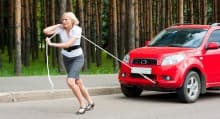
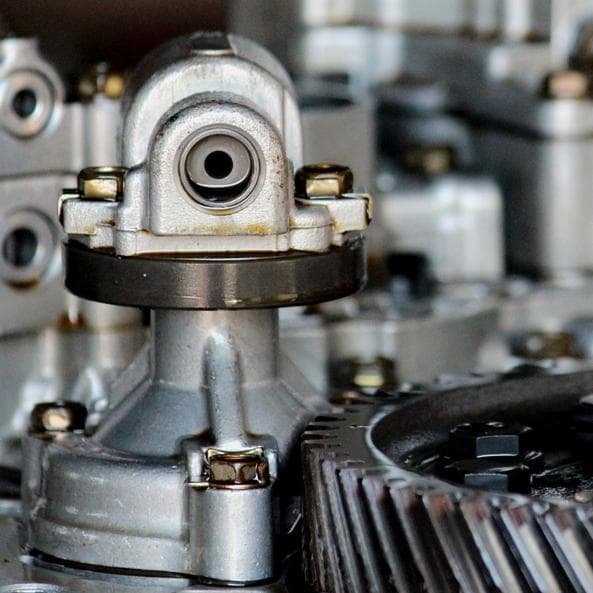
Full Car Service
Taylor Peterson
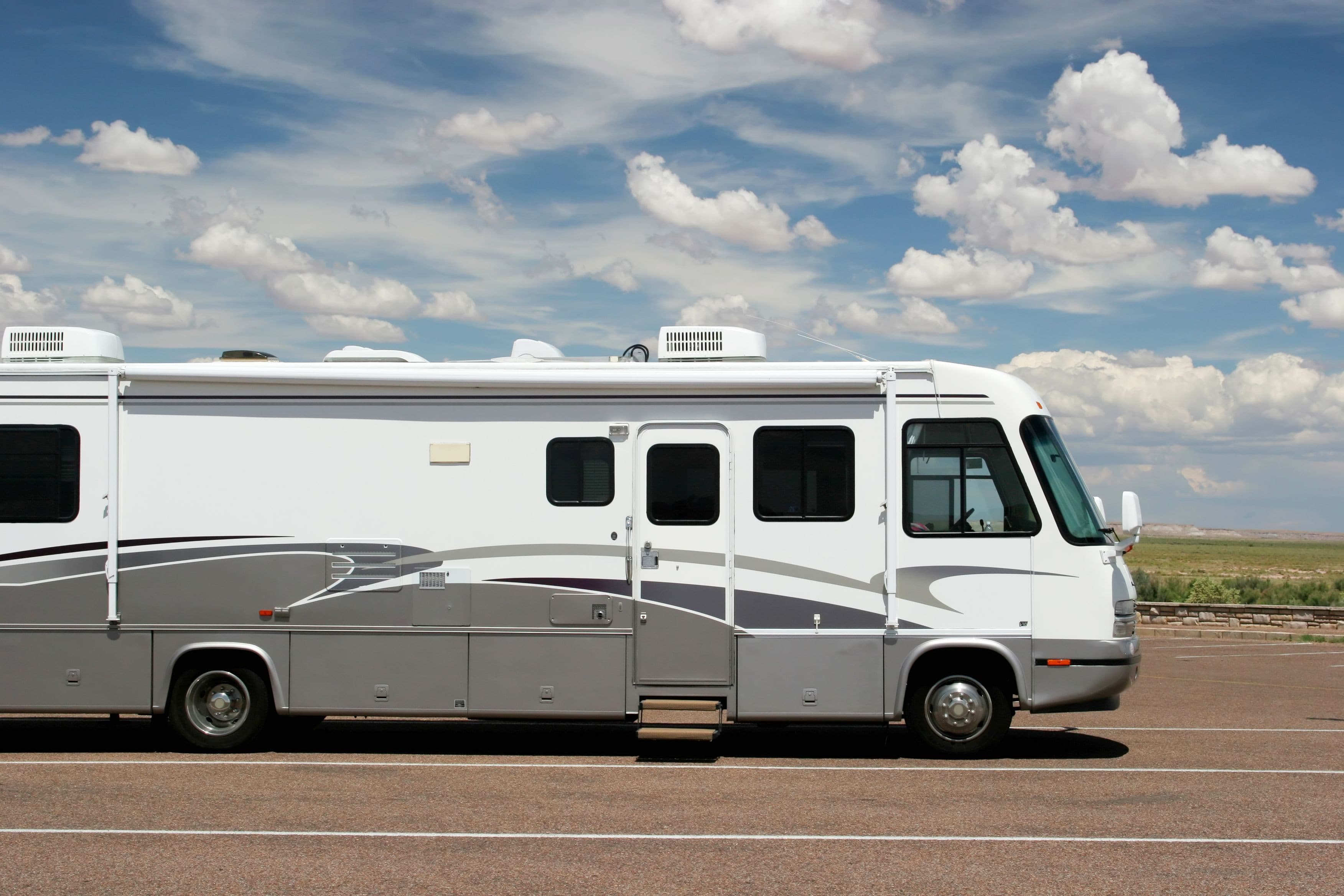

RV Camping
Taylor Peterson
Related Checklist Templates


Forklift
Taylor Peterson
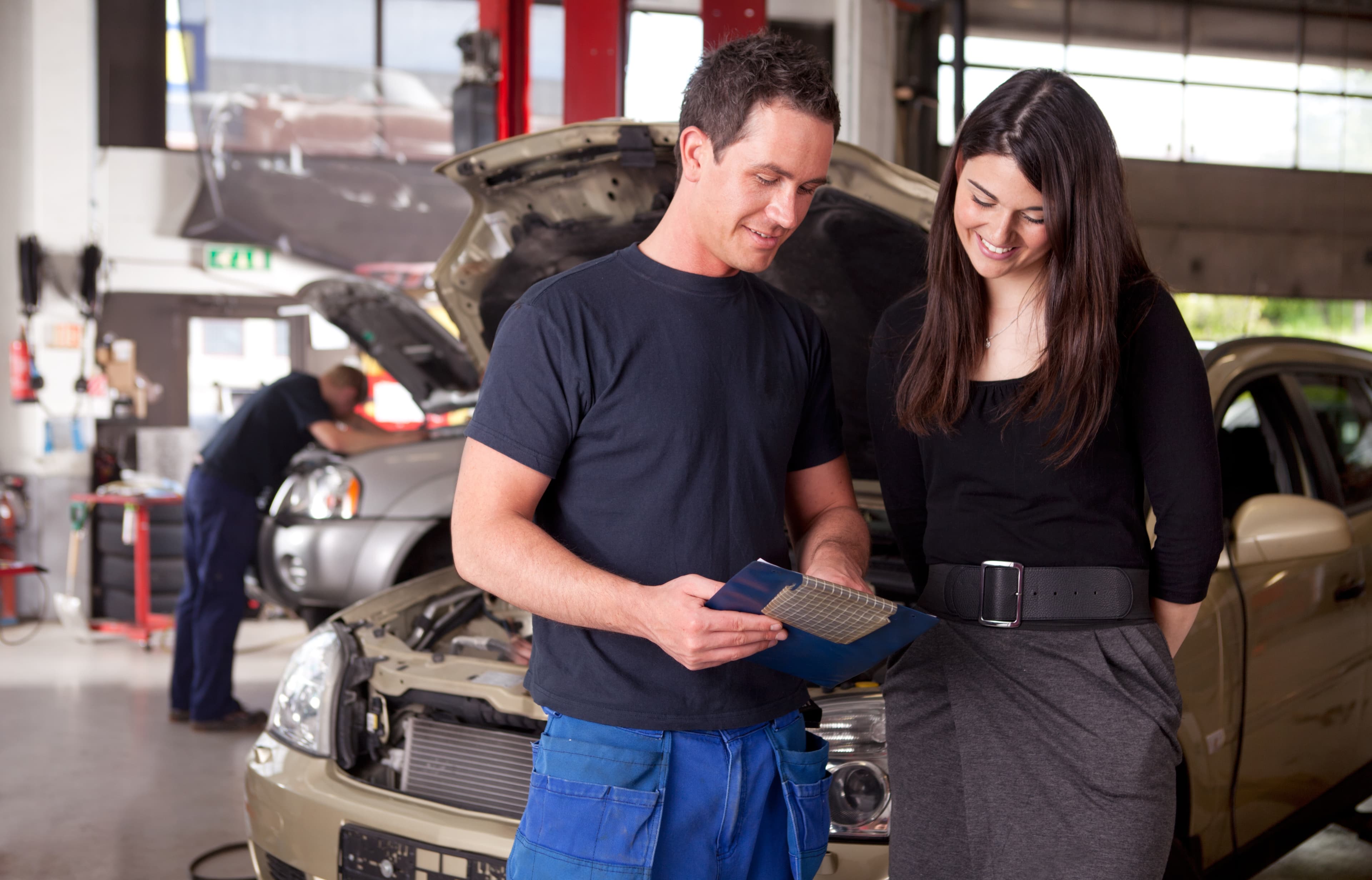

Vehicle Maintenance
Taylor Peterson


Car Rental
Taylor Peterson
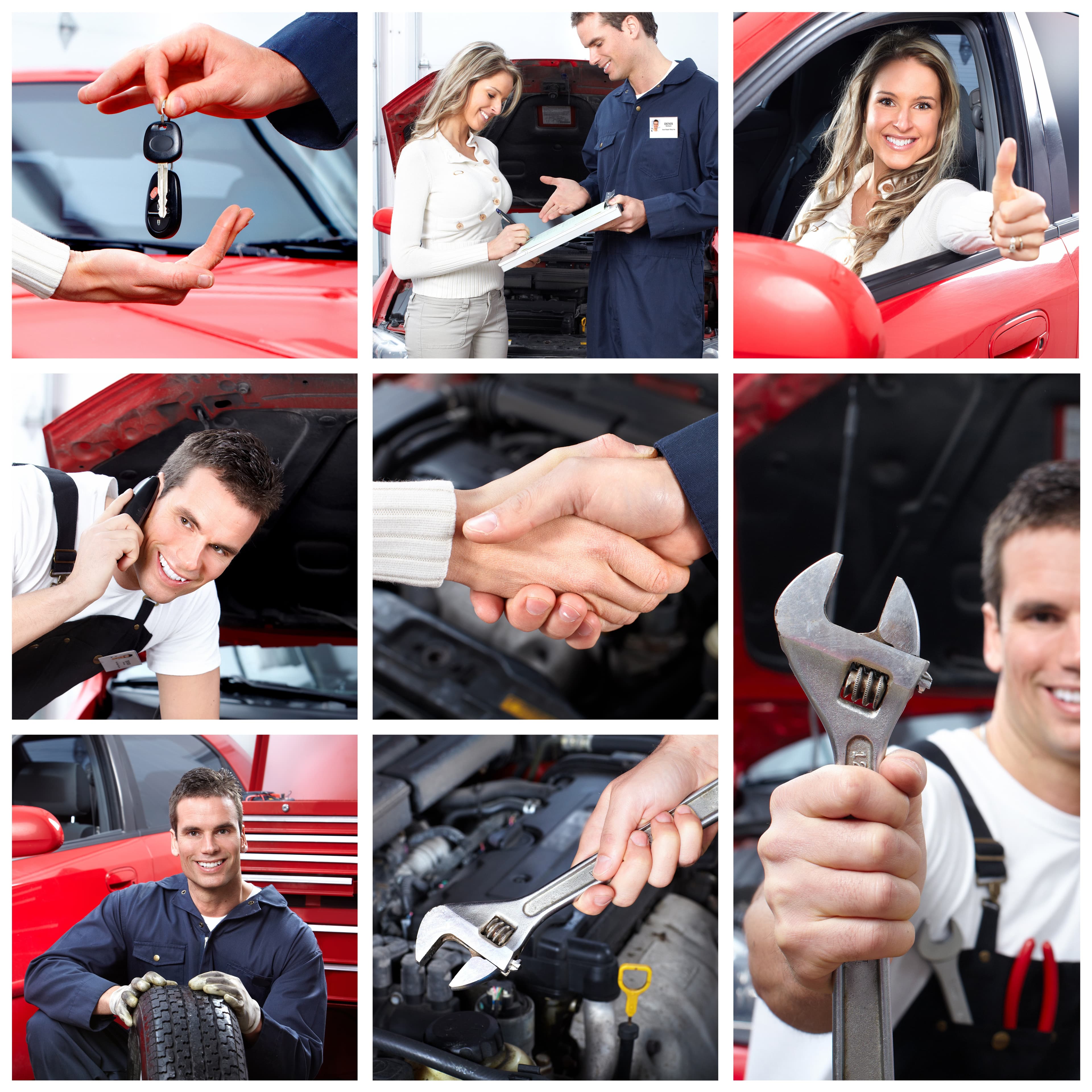

Car Servicing
Taylor Peterson
More Checklist Templates
"Buying A Used Car Checklist" not suitable?
Search the World's largest free library of checklist templates